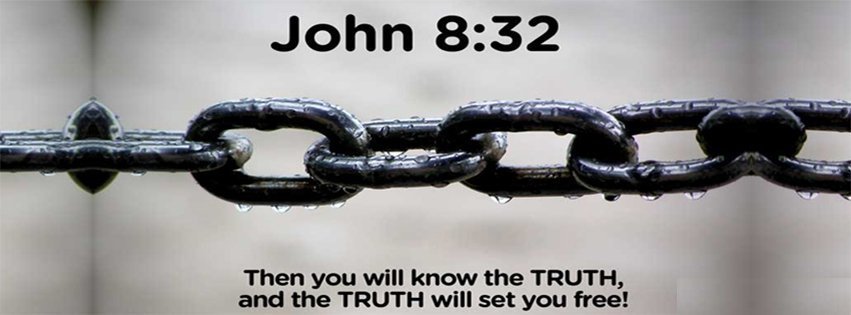One of the keenest observations I saw this week regarding the 500th anniversary of the Reformation is that, “The Protestant Church is in greater need of reformation today than the Roman Catholic Church was in the 16th century.” Burk Parsons tweeted this statement and I partially agree with him primarily because of the un-repented of division that continues to exist within the Protestant Church. As Ephraim Radner has stated in his inevitably seminal work Brutal Unity, “To be divided, in the sense of resting in such division however unhappily, is already to have contradicted repentance..." Whether the need for reformation is “greater” now than it was then depends on how you view the corruption of the 16th century. If you view Roman Catholic changes to orthodox teachings as a creeping heresy within the universal church then the need for reformation now might be greater but if you view Roman corruption as inevitable consequences of Rome’s own schismatic nature then the need for reform might be closer to equal. The reason for the distinction comes primarily from the churches historic teaching that schism is a greater sin than heresy. Aquinas pointed out this belief by showing that schism carried a greater penalty in the Old Testament and that logic shows greater harm stemming from communal (schism) rather than individual (heresy) sins.
The greater irony however is that not only has the Reformation caused as much or more corruption in the church, it has also done a tremendous amount of damage to the primary means of healing the corruption it was trying to reform in the first place. Below I will list in chronological order excerpts from correspondence between the Lutheran theologians at Tubingen and the Patriarch of Constantinople and his counselors regarding a difference of opinion relating to fasting.
First Exchange: Tubingen to Constantinople
“The Apostles also sometimes kept the custom of fasting, yet not as something indispensable, but that they might not provide a scandal to the Jews, and because they were thus accustomed, and also for the purpose of burying Moses and his ceremonies by gracefully abrogating them.”
Second Exchange: Constantinople to Tubingen
“Since the fasts and prayers are necessary, hearken unto the Lord who says in the 2nd chapter of the Gospel according to Saint Luke: ‘And there was a prophetess Anna…She did not depart from the temple, worshipping with fasting and prayer night and day’ (Luke 2:36-37). [The patriarch goes on to list several more examples from scripture including 1 Cor 7:5 and 2 Cor 6:5] And if someone would like to elicit similar testimonies from the Scripture, he will easily find many others. For one will deny that the snow is white, but this is admitted without proof of witnesses.”
Second Exchange: Tubingen to Constantinople
“The fasting and supplications of the Prophetess Anna were not in the least part of the monastic life. But that devout widow daily offered up prayer for all churches of God continually, and sometimes she fasted to help the prayers flow more ardently.”
Third Exchange: Constantinople to Tubingen
“About these matters we say that the Holy Scriptures concerning them have not been interpreted by such theologians as you are, for neither Saint Chrysostom nor any other of the blessed and true theologians interpreted as if they were dragged along by a torrent. But, indeed, he (Chrysostom) and the holy men after him, being full of the Holy Spirit who performed supernatural miracles while they were living and after they died, interpreted the Holy Scriptures as they did; and they received such traditions, and they handed them down successively and gave them to us as indispensible and pious (sacraments). Some of these even Old Rome also keeps and acquiesces with us. From whence have you reckoned better than Old and New Rome? Indeed, have you forsaken the interpretations of the true theologians and considered your own as more preferable?”
Third Exchange: Tubingen to Constantinople
“We cannot bear to be called heretics, even though he who is thus calling us might be one of our closest friends. For we have not up to this day ever been convicted for any error, not even by the Divine Words. We have always been ready to yield if axioms and usages, which have been correctly concluded from the Holy Scriptures, might have been placed over against us. But up to the present we have not seen anyone who has done that, even with the assistance of divine grace nor will we see it in the future.”
Hippocrates is attributed with saying that “It’s far more important to know what person the disease has than what disease the person has.” In all of the debates swirling around the 500th anniversary of the Reformation, Protestants, Catholics, and Orthodox Christians alike must remember that despite which particular sins (diseases) we struggle with, personally or communally, we have been united with Christ and his desire is to make us one as He and the Father are one. We must remember that the most essential practices (medicines) that He has given us to heal our heresies and schisms is worship through prayer and fasting. I know from personal experience that many young Protestant men and women are being raised in churches where they are not taught how to pray, fasting is never mentioned, and reconciliation with churches they have split from over the years is considered absurd. For me these are lasting legacies of the Reformation and things that must be repented of if we are to continue the process of reforming our churches. This is one reason why Brian Zahnd's Prayer School had such an impact on my life and why I believe it continues to impact the lives of so many evangelical men and women around the country. There is a desperation whether known or unknown throughout our churches to be taught how to pray.

